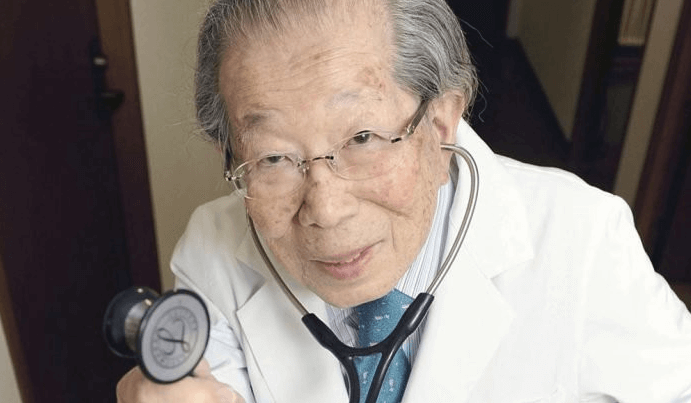Imagine living above 100 years old. Now, what about 120 or 150? Some recent advancements in biotechnology may suggest it would be possible for many people. What would you do if that was possible?
It’s not too far from the reality as the oldest lifespan recorded so far was of Jeanne Calment (1875–1997) of France, who died at the age of 122 years.
Some argue that ageing is a disease and can be ‘cured’. My colleague, a former Cambridge researcher, Chief Science Officer of the SENS Research Foundation and VP of New Technology Discovery at AgeX Therapeutics, Inc., Audrey De Grey, claims that regenerative medicine can prevent the ageing process. He works on the development of what he calls “Strategies for Engineered Negligible Senescence” (SENS), a collection of proposed techniques to rejuvenate the human body and stop ageing. To this end, he has identified seven types of molecular and cellular damage caused by essential metabolic processes. SENS is a proposed panel of therapies designed to repair this damage.
In this 800 page meta-study about longevity, authors argue that Biogerontology, which is a cross-discipline study of causes and preventions of ageing, provides two main streams of intervention with already promising results. The first is to understand the root causes of ageing and stop them before damage accumulates. The second is repair and maintenance. Although it sounds simple, there is a lot of complex research and work undergoing around the world in major industries. Some argue that AI (artificial intelligence) may be a new global invention (a la electricity) and it will transform forever the way we live. For sure we will see a different future than what we know now.
If you ask me, I prefer a more traditional approach to life and happiness, close to nature. I’d rather add ‘healthspan’ to ‘lifespan’. We have plenty of amazing examples of centenaries to learn from.
While researching this topic, I bounced into an article about 105-Year-Old Japanese doctor by the name of Shigeaki Hinohara. Dr Hinohara, born in 1911, began working at St. Luke’s Hospital in Tokyo during 1941 and continued to do so until he died at the age of 105 in July of last year.

I was intrigued by his sayings and started researching other projects on longevity and here are some of the tips I found useful:
[1] Eat less. “All people who live long — regardless of nationality, race or gender — share one thing in common: None are overweight.” ~ Dr Hinohara. Eat clean, eat small portions, and eat to live, don’t live to eat. By fueling your body with healthy foods you will maintain high levels of energy and vitality throughout your life. Before he passed away Dr Hinohara shared his daily diet consisting of only one meal and a few snacks.
[2] Take the stairs. “To stay healthy, always take the stairs and carry your own stuff. I take two stairs at a time, to get my muscles moving.” ~Dr. Hinohara. It doesn’t need to be a stringent routine or hard-core discipline but small simple and natural way of moving around on a daily basis. “How can I find small ways to be more physically active throughout the day?”
[3] Share your passion. “I give 150 lectures a year, some for 100 elementary-school children, others for 4,500 business people. I usually speak for 60 to 90 minutes, standing, to stay strong” ~Dr. Hinohara. What is it that you feel passionate about? Start sharing that with friends and family, start a blog or a writing a book. Make it beyond you and your little journal.
[4] Stay busy, plan ahead and don’t retire. “Always plan ahead. My schedule book is already full until 2014 [five years ahead at the time], with lectures and my usual hospital work. In 2016 I’ll have some fun, though: I plan to attend the Tokyo Olympics!” ~Dr. Hinohara. Did you know that people who retire at 55 are 89% more likely to die in the 10 years following their retirement than their counterparts who retire at 65? (source). Ideally, you want to find a job and career that you don’t want to retire from.
[5] Serve your community. “…In our later years, we should strive to contribute to society. Since the age of 65, I have worked as a volunteer. I still put in 18 hours seven days a week and love every minute of it.” ~Dr. Hinohara . Humans are social creatures. We are hardwired from a biological and evolutionary standpoint to connect and contribute to the lives of others. Have fun! That’s also something that centenaries indulge in, i.e. enjoying life. “Pain is mysterious, and having fun is the best way to forget it” ~Dr. Hinohara.

Photo credit: Irina Nedyalkova